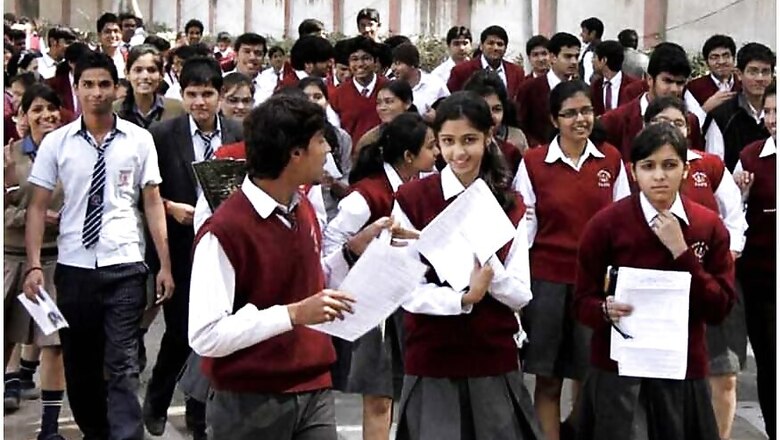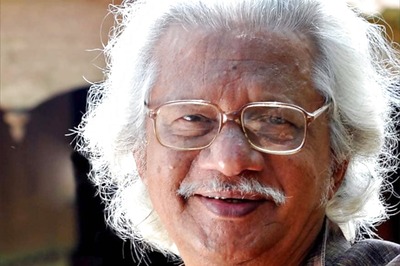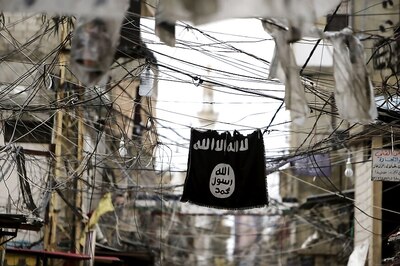
views
Teenage boys with more 'progressive views' (equitable gender attitudes) are much less likely to be violent or engage in sexually abusive behaviour, a new study suggests.
The study, published in the American Journal of Preventive Medicine, also found that boys who had witnessed their peers engage in violent or abusive behaviour towards girls were up to five times more likely to be violent and abusive themselves.
"The Me Too Movement brought to light how pervasive sexual violence and derogatory behaviour toward women is in our society," said study lead author Elizabeth Miller from the University of Pittsburgh in the US.
"Our findings highlight the wide-ranging impact that witnessing sexual harassment and dating violence has on our teenage boys, and present an opportunity to teach adolescents to challenge negative gender and social norms, and interrupt their peer's disrespectful and harmful behaviours," Miller said.
For the findings, the research team surveyed 866 13- to 19-year-old boys at after-school programmes, libraries, churches and other youth-serving organisations in 20 lower-resource Pittsburgh neighbourhoods.
The teens completed the surveys anonymously between August 2015 and June 2017 as part of a larger study evaluating the effect of a prevention programme to reduce sexual violence.
Of the 619 boys who had ever dated, one in three reported using abusive behaviour toward someone they were dating in the previous nine months.
Sexual harassment, whether dating or not, was also common, with 56 per cent, saying they had engaged in such behaviour. And 68 per cent of the respondents, said they had been in physical fights, or threatened or injured someone with a weapon.
Boys who said they had witnessed their peers engaging in two or more of nine different harmful verbal, physical or sexual behaviours toward women and girls - such as making rude or disrespectful comments about a girl's body - had two to five times higher odds of engaging in a variety of violent behaviours, some having nothing to do with women or dating.
"This reinforces that pressure to conform to stereotypes about masculinity that perpetuate harmful behaviours toward women and girls is also associated with getting in a fight with another guy," said Miller.
Interestingly, the research team did not find that teens who reported having more gender equitable attitudes were any less likely to engage in homophobic teasing, something three-quarters of the survey respondents endorsed.
"It's a puzzling and troubling finding. We believe it may be because these teens have normalised homophobic teasing - it is so commonplace, they may see it as a form of acceptable, possibly even pro-social, interaction with their peers," said study researcher Alison Culyba.
Follow News18 Lifestyle for more




















Comments
0 comment